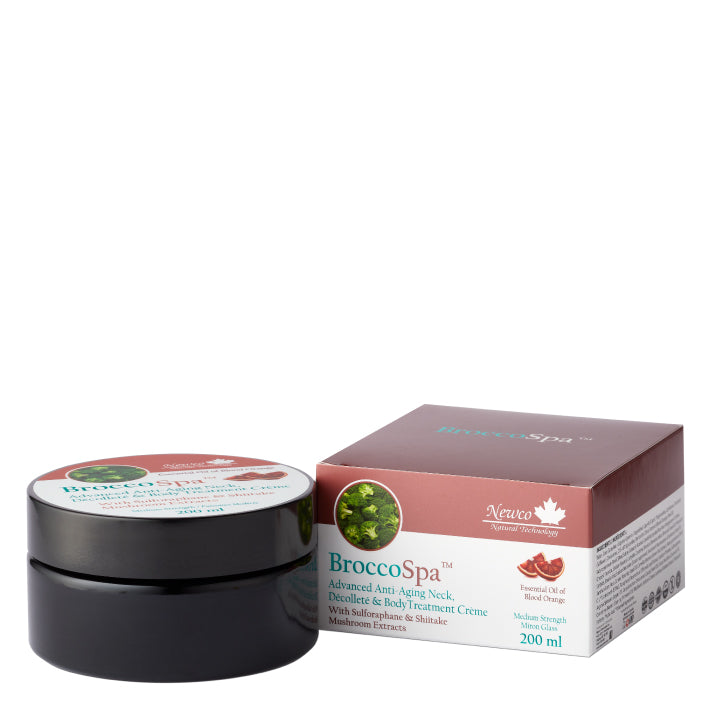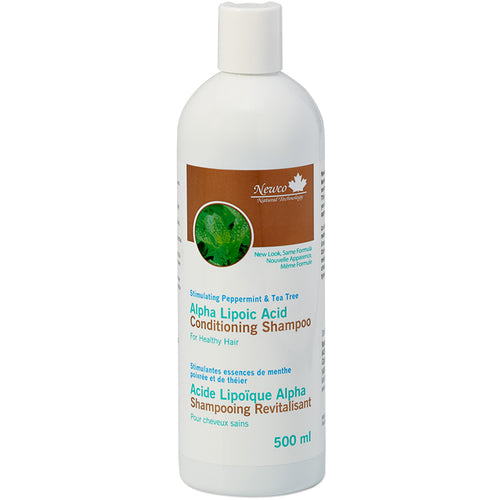You'll find a bewildering array of herbs in your local health food store. How to decide which ones are best for your cough? Here are seven natural alternatives to over-the-counter cough medicines. Please note: these remedies are designed to ease coughs caused by viral infections, including colds and the flu. Read below to know when to seek medical attention for a cough.
7 Natural Remedies for Coughs
1. NAC
N-acetylcysteine (NAC) is one of those remarkable substances that helps a wide variety of ills. It's the active ingredient in the prescription drug Mucomyst, which breaks up congestion right away. NAC as a supplement takes a little bit longer to work (results are usually noticeable within an hour). It will break up excess mucus anywhere in the body. Used for just a few days, 1,200 mg per day is a safe and appropriate amount (a 600 mg capsule twice a day).
2. Slippery Elm
Slippery elm helps soothe and moisten your throat, stopping the cough. Ideal for tickly coughs combined with a dry throat, this herb is extracted from the inner bark of the slippery elm tree, so it's not something you'll be growing on your windowsill. Fortunately, it's easily available in lozenge form. You can also buy the powder in bulk to make tea. This pleasant-tasting powder is mild-flavored, even a little sweet. It's traditionally made by stirring a tablespoonful into a cup of boiling water. By the way, slippery elm helps soothe and heal mucous membranes throughout the body and is therefore often recommended for irritable bowel syndrome.

3. Elderberry
Everyone in the family can enjoy elderberry syrup, which has been traditionally used for colds, coughs, and the flu. Recent research has shown it is effective against the flu virus and potential superbugs. Just to be clear, elderberry helps to stop coughs by stopping the underlying infection. Your body is creating the cough for a reason, so you don't want to use a cough suppressant while the infection rages on.
4. Old Indian Wild Cherry Bark
This is the product to use for that cough that just won't go away, or for times when you just can't decide what you need. It contains a range of soothing, cough-stopping botanical medicines, including the Chinese herbs fritillary and platycodon. The children's version is not quite as strong, because it reduces the less-pleasant-tasting antiviral herbs, but that means it also tastes better.
5. Enzymes
In particular, the enzyme mucolase (found in MucoStop) can be very helpful for dry or productive coughs. Experience shows that MucoStop eases nasal and sinus congestion, as well as mucus in the lungs. Another combination of enzymes (Wobenzym) was shown in a research study to relieve symptoms of chronic obstructive bronchitis.
6. Essential Oils
Certain essential oils work quickly to break up congestion: eucalyptus, peppermint, wintergreen, juniper, and oils from the cedar-balsam-spruce group.
7. Propolis
This remarkable substance is used by bees to keep their hives sterile. It's a sticky resin exuded by trees to protect their buds against bacteria and fungus; bees gather it and use it in the hive as an antifungal, antibacterial, and antiviral. Anti everything! Propolis can even be put into a diffuser or vaporizer to clear a living space of mold, germs, and pollution, just as it does in the hive.

Tamarind Drink
This is recommended by the World Health Organization (WHO) in its Cough and Cold Remedies for the Treatment of Acute Respiratory Infection in Young Children. It's also great for easing coughs and other cold and flu symptoms in adults.
Boil 2 Tbs. of finely chopped tamarind leaves* in 16 oz. of water for 15 minutes, and then strain. Consider adding a little lemon juice and honey or raw blue agave nectar to sweeten. WHO recommends 2 cups per day; however, some people drink it freely.
* Tamarind leaves are available at select health food stores, Asian markets, and Mexican markets.
When to See a Doctor for a Cough
Seek help if your cough is accompanied by any of the following:
- A fever lasting more than three days
- Chills with shaking
- Coughing up large amounts of phlegm (whitish, yellow, or even green)
- Coughing up blood or blood-streaked mucus
- Wheezing or significant shortness of breath
- Difficulty breathing or rapid breathing
- Chest pain with the cough or a deep breath
- A rapid heartbeat
- Lethargy/uncharacteristic drowsiness, especially in an infant or child
A persistent cough with one or more of these symptoms, whether or not there is a lot of mucus, could mean pneumonia or bronchitis. You should immediately see your doctor.
Written by Gustavo Ferrer, MD, Burke Lennihan, RN for Better Nutrition and legally licensed through the Matcha publisher network. Please direct all licensing questions to legal@getmatcha.com.






